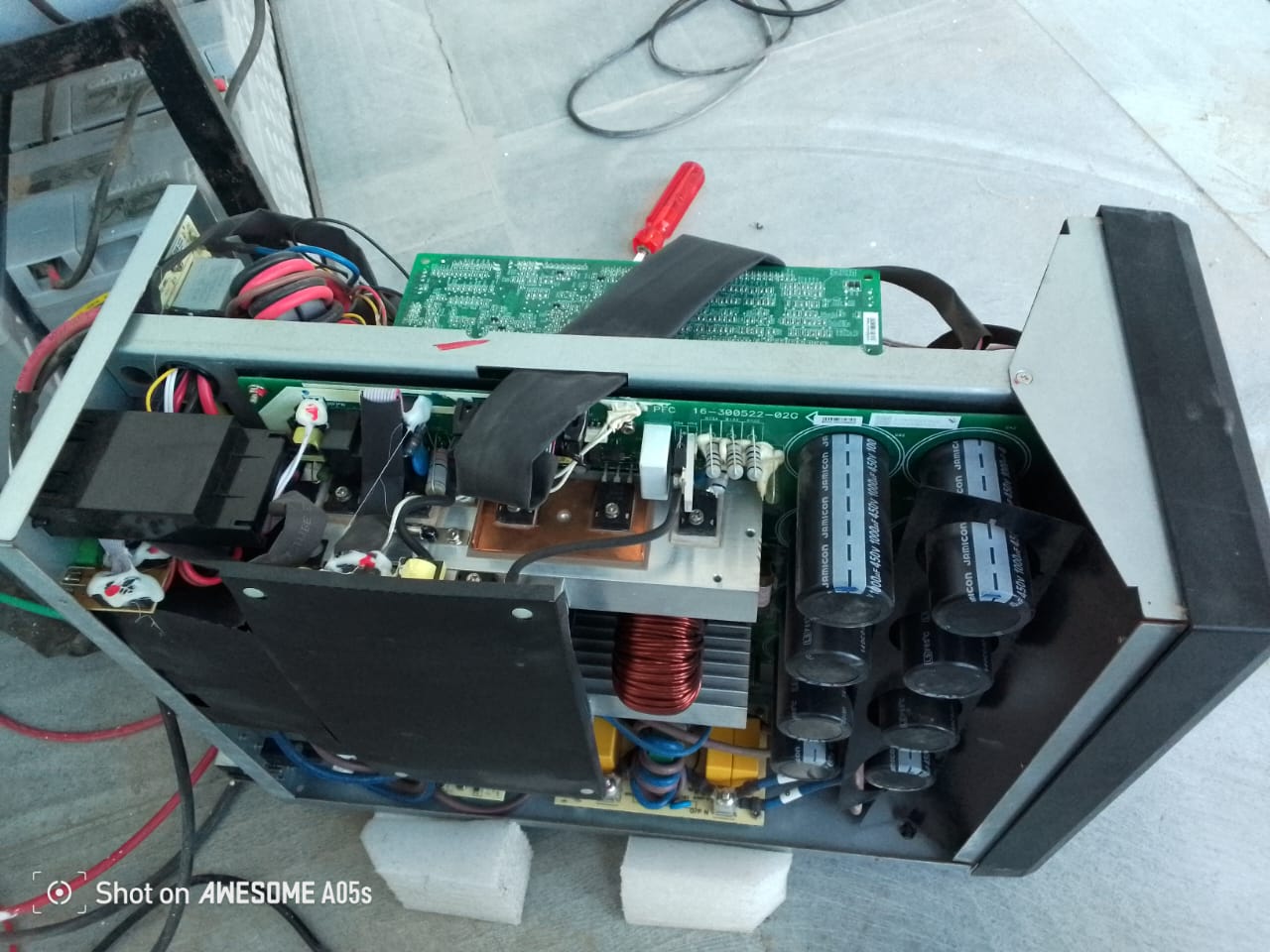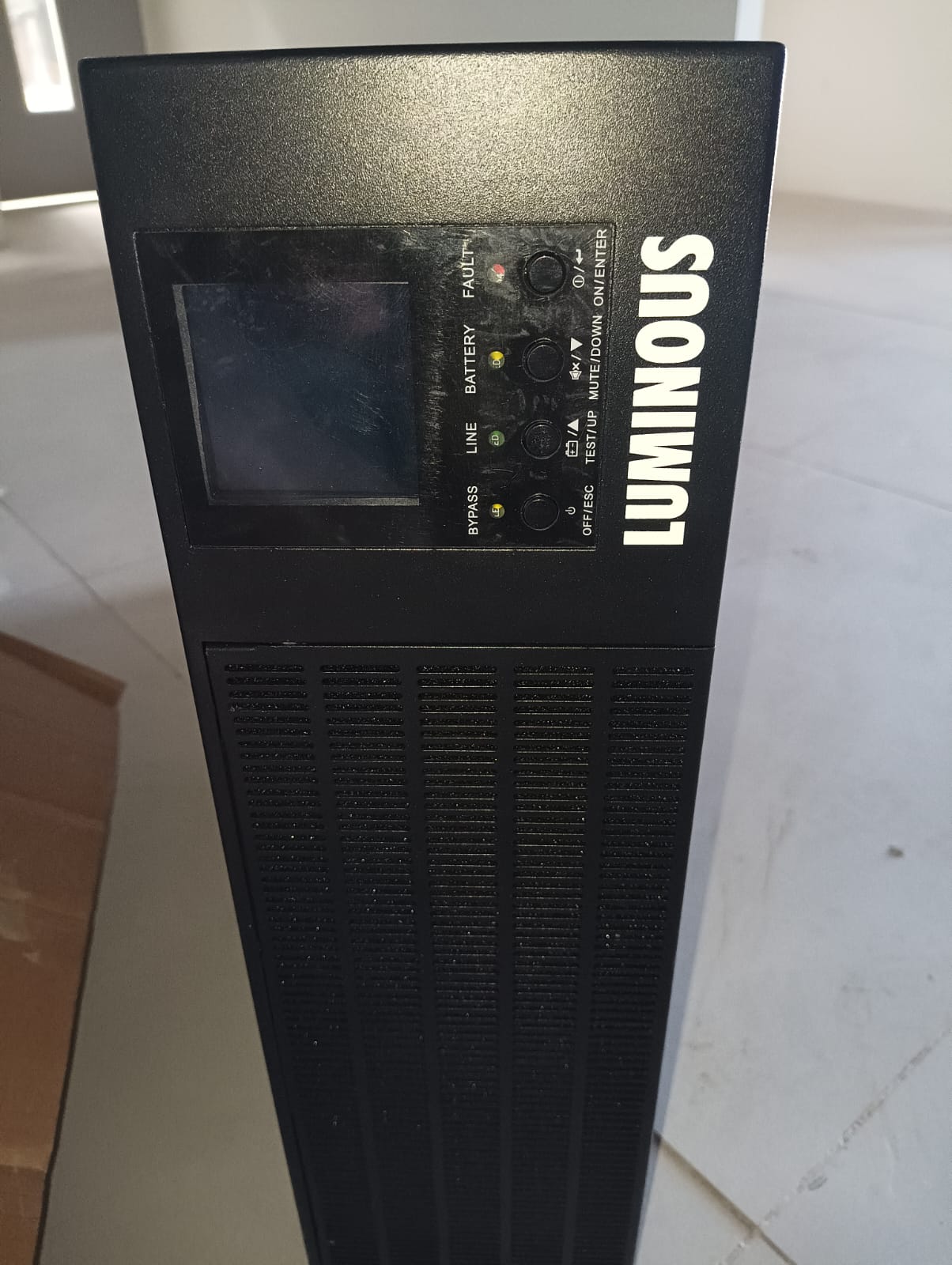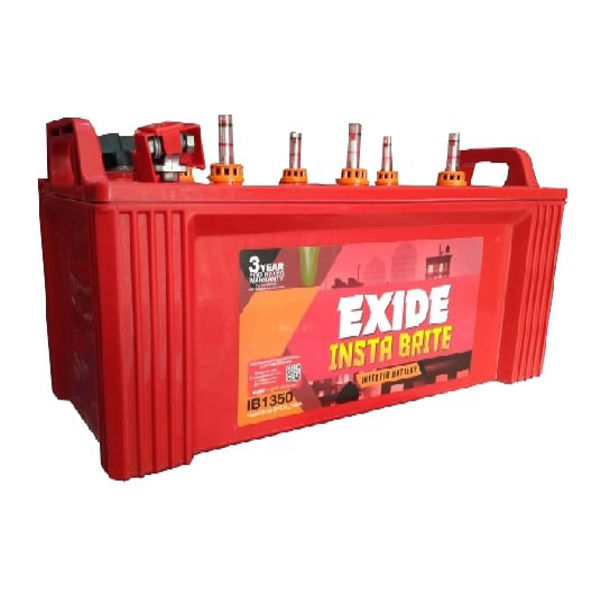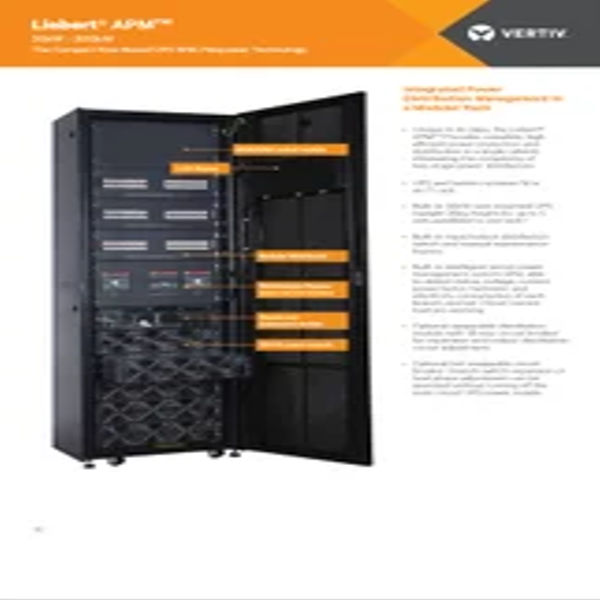VERTIV UPS
The Liebert APM is a modular, scalable, and flexible Uninterruptible Power Supply (UPS) system from Vertiv (formerly Emerson Network Power). It's designed to provide reliable power protection for a wide range of applications, including IT, industrial, healthcare, and telecommunication environments. The Liebert APM series comes in various power ratings, with the range you mentioned being 30 kW - 300 kW, as well as the smaller 1 to 25 kVA units, offering high flexibility for different power requirements.
Key Features of the Liebert APM Series:
Modular Design:
One of the standout features of the Liebert APM UPS system is its modular design. This allows users to scale the system based on their current needs and future expansion. The modular units can be added incrementally, making it highly adaptable.
This modular approach allows for easy maintenance and upgrades without having to replace the entire UPS unit.
High Efficiency:
The Liebert APM delivers high efficiency, typically achieving up to 95% or more under normal operating conditions. This efficiency helps reduce operational costs and energy consumption.
It also features Eco-mode operation, which optimizes energy savings when operating in non-critical situations without compromising protection.
Compact and Flexible:
Despite its modular nature, the Liebert APM system has a compact design that fits easily into most data centers and industrial setups, where space can often be at a premium.
It can be configured for 1-phase or 3-phase power supply, offering flexibility for different types of loads and systems.
Scalable Power:
The Liebert APM is available in a range from 1 kVA to 300 kVA, which makes it suitable for small server rooms to large data centers.
The system allows for easy scalability by adding additional power modules as needed to meet growing demands.
Flexible Battery Configurations:
The UPS system supports a variety of battery configurations, allowing for customization based on your runtime requirements. You can select from different battery types, including VRLA (Valve-Regulated Lead-Acid) and lithium-ion batteries.
Advanced Monitoring and Management:
Liebert APM comes with Intelligent Monitoring that provides real-time data on the UPS’s performance, such as input/output voltage, battery status, and efficiency.
It supports both local and remote monitoring, ensuring that technicians can be alerted to issues before they become critical problems.
The system can be integrated with network management systems (NMS) for centralized control across multiple units.
Dual Input Capability:
Some models of the Liebert APM offer dual input power sources, providing redundancy for critical applications. This feature ensures that the system remains operational even if one power input fails.
Fast Response Time:
The Liebert APM offers a fast transfer time (typically in the milliseconds), ensuring that sensitive equipment is protected even during brief power outages or voltage fluctuations.
Applications:
Data Centers: Providing reliable, scalable power protection for server rooms and IT infrastructure.
Industrial: Protecting critical manufacturing equipment and automated systems from power interruptions.
Healthcare: Ensuring medical equipment, including imaging devices, lab instruments, and patient monitoring systems, remain operational during power outages.
Telecommunications: Keeping communication systems up and running to ensure continuous operation of vital network infrastructure.
Benefits:
Scalability: The ability to scale up or down as required, which is a huge benefit for growing businesses or changing environments.
Reduced Total Cost of Ownership (TCO): With high efficiency and modularity, the Liebert APM reduces energy consumption and minimizes the cost of maintenance.
Reliability: Known for providing excellent protection against power issues, including surges, spikes, and outages.
Customization: Supports different configurations and battery options to meet specific needs, offering flexibility across various industries.
Models & Power Ratings:
Small Power Ratings: For smaller environments or edge computing setups, Liebert APM models ranging from 1 kVA to 25 kVA offer robust protection without being overly complex.
Large Power Ratings: For larger industrial or data center applications, the 30 kW to 300 kW versions provide scalable power protection to ensure high availability for critical operations.
Send
Message








